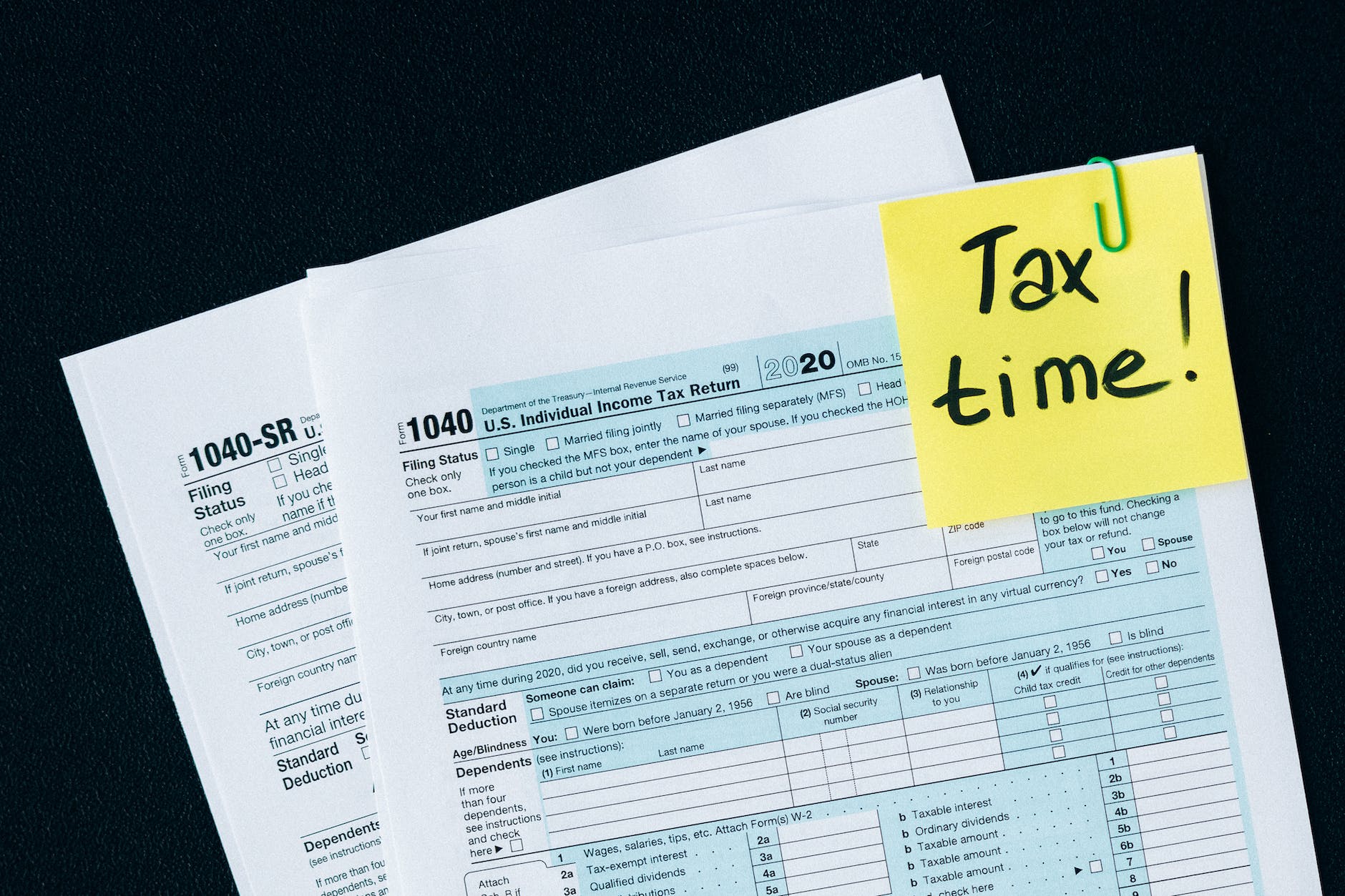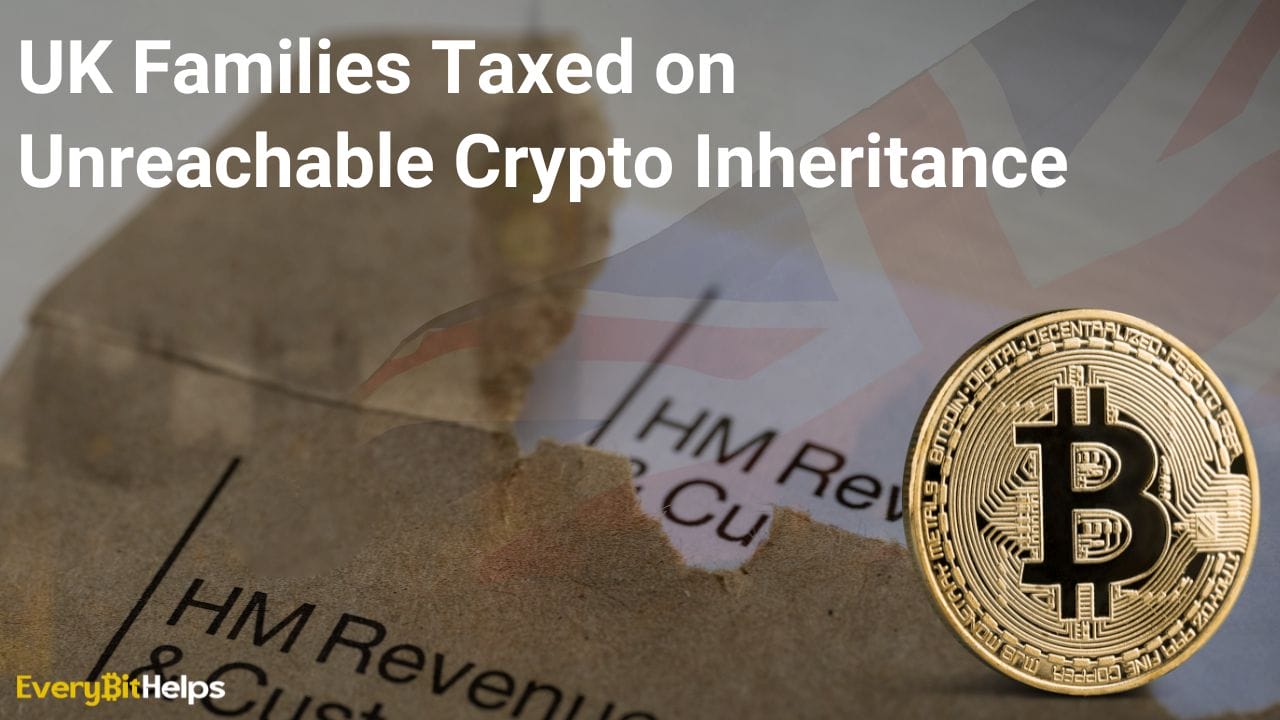The UK government is under scrutiny for its approach to taxing cryptocurrency, especially following reports that bereaved families are being handed potentially large tax bills on inherited cryptocurrency that they cannot access.
The issue has arisen due to the nature of cryptocurrency and the security measures in place. If a trader passes away without leaving behind the necessary details, such as private keys or recovery phrases, their digital assets become virtually inaccessible. Despite this, the UK’s tax authority, HM Revenue & Customs (HMRC), views cryptocurrencies as property. As a result, these assets are subject to Inheritance Tax if the estate’s total value surpasses the tax-free threshold. This has led to situations where families are obligated to pay taxes on assets they cannot retrieve or liquidate.
“Unlike a traditional asset, passing crypto on in your will is virtually impossible.”
Paul Rossini, Assetpass founder
The ongoing situation has sparked discussions about the need for clearer regulations and guidelines regarding the inheritance of digital assets in the UK. Many advocate for the HMRC to reevaluate its position, especially in cases where the assets are irretrievable.
How the UK government will address these concerns remains to be seen, but the current scenario underscores the importance of planning and awareness when dealing with digital assets.
How is Crypto Inheritance Taxed in the UK
In the UK, cryptocurrency is classified as ‘property’ when it comes to Inheritance Tax. The HMRC views cryptocurrency as property in the context of Inheritance Tax (IHT). As a result, if your estate surpasses the £325,000 tax-free allowance, it could be liable for the standard IHT rate of 40%.



